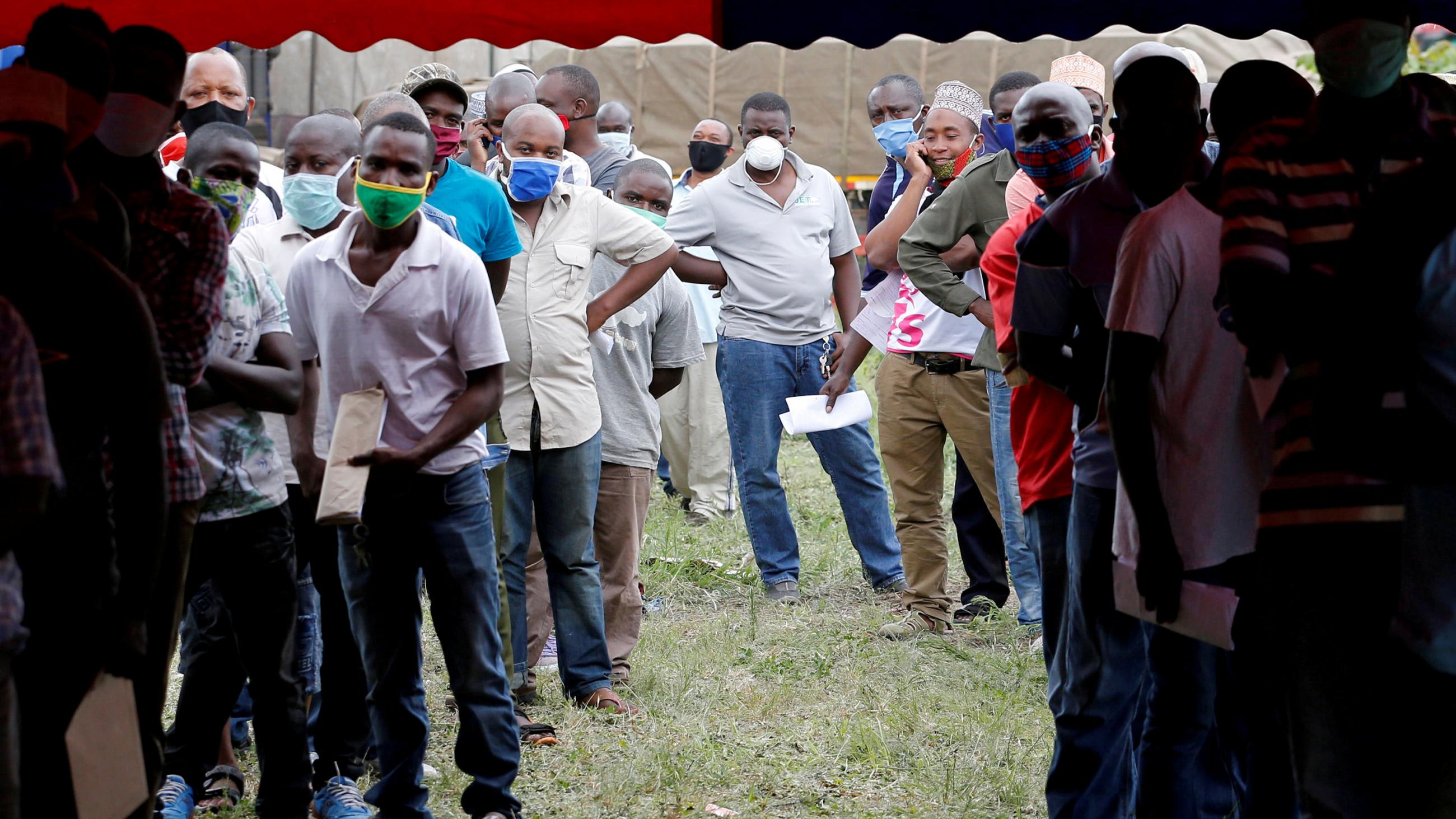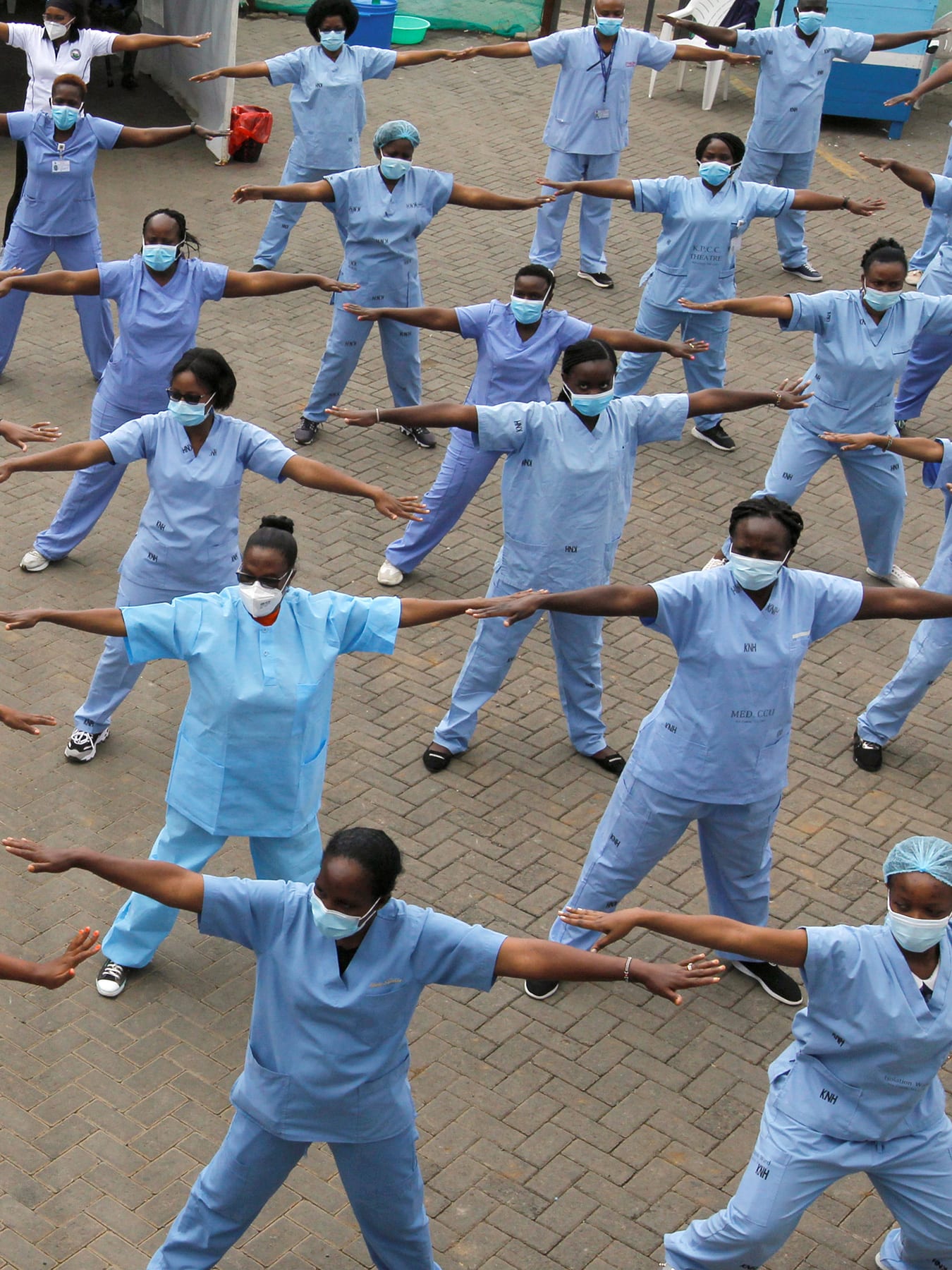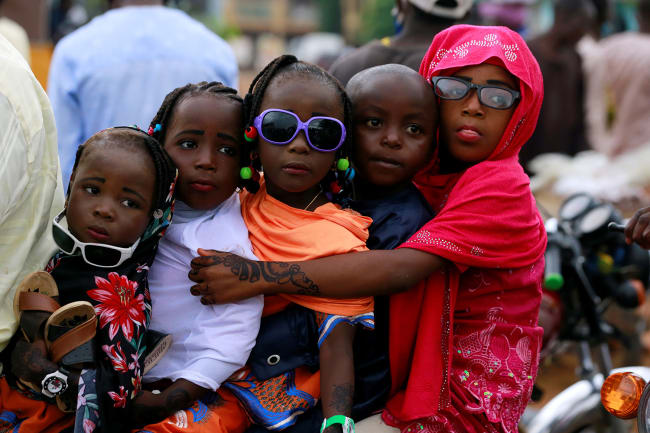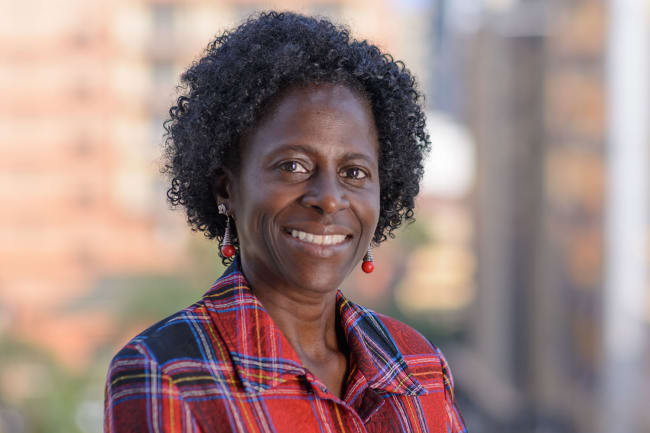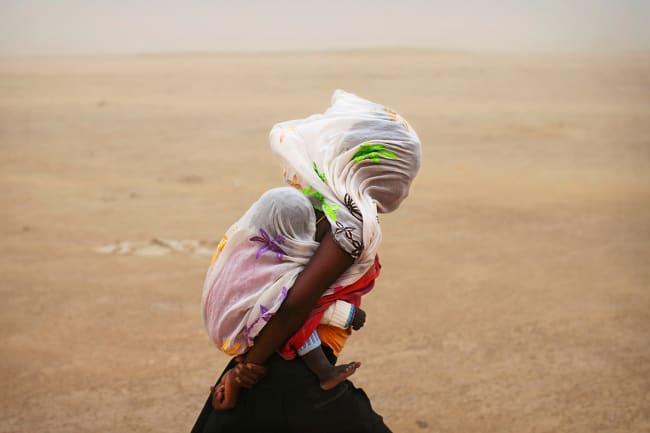The spread of COVID-19 in Kenya presents a considerable public health challenge. Any resulting decline in primary health care would only intensify that challenge—this is why Kenya must continue to bolster its support for community health volunteers. Despite extensive containment measures—including testing, contact tracing, travel restrictions and quarantine centers—the number of COVID-19 cases in Kenya has been rising steadily. As of July 9, there were 8,975 cases and 173 deaths confirmed. Testing has been limited, however, so the true number is probably higher.
In one month alone, some 20,000 Kenyan children expected to access essential health care services have not done so
Alongside this rise in positive cases has been a marked decrease in the number of people visiting health facilities. In one month alone, some 20,000 children expected to access essential health care services, including immunizations, have not done so, according to the Kenyan Ministry of Health. A recent survey conducted by the Population Council on behalf of the ministry revealed that one in ten interviewees had forgone medical services in the previous two weeks because they could not afford it (52 percent), feared contracting COVID-19 (17 percent) or feared stigma associated with the illness (3 percent).
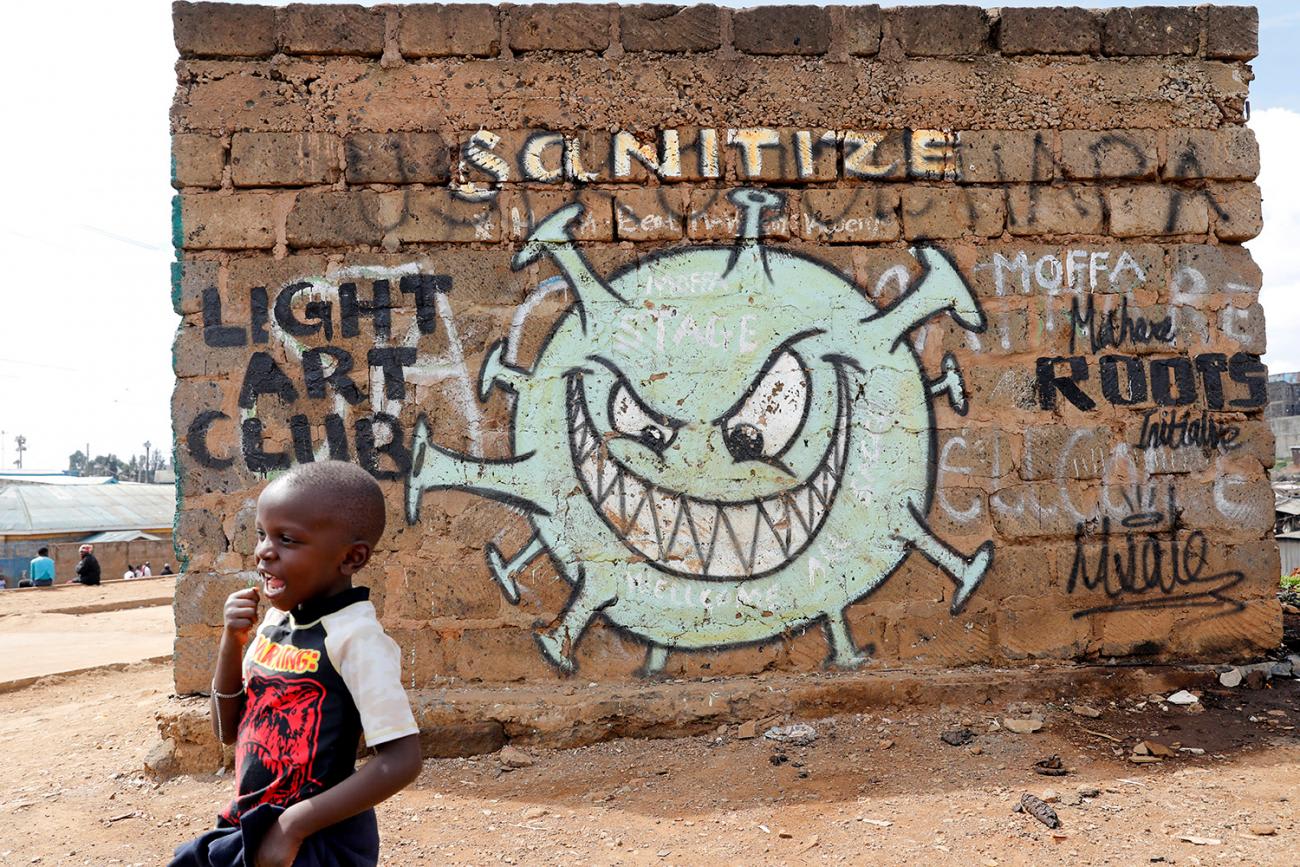
It is unlikely that people's health care needs have declined so dramatically. On the contrary, the need for preventive care and health promotion like health education and water and sanitation have increased. In fact, people are increasingly seeking primary health care from community health volunteers—trusted advisors in their own communities who visit clients at home.
These services can provide a foundation for the country to truly rebound
While the Kenyan government has increased its financial commitment to primary health care, the pandemic struck before funds earmarked to expand community health volunteer services could be allocated for that purpose. Funding for community health is not institutionalized, so it is vulnerable to fluctuations in priorities, including electioneering cycles, changing leadership, health emergencies like COVID-19 or other crises. It is imperative to have both national and county legislative frameworks for community health and associated budget lines, to help guard against these fluctuations and keep community health volunteers working and delivering primary health care. These services can provide a foundation for the country to truly rebound.

To its credit, the Ministry of Health recently rolled out guidelines for ensuring the continuity of community health services during the pandemic. These guidelines include task-shifting, having separate facilities to treat COVID-19, improving case management at the community level, building the capacity of community health volunteers to provide services that reduce stress on health care facilities, and providing personal protective equipment for frontline health workers.
Investing in community health in Kenya can bring returns of up to 9.4 times in terms of productivity and lives saved
Community health volunteers are vital to helping reduce the severity and lethality of illnesses such as malaria, diarrhea and pneumonia—which in Kenya claim the lives of more children under five and expectant mothers than any other illness. A failure to sustain the community health workforce in Kenya and in other countries with fragile health systems could cause far more preventable deaths than COVID-19. A recent study in The Lancet showed that if routine health care is disrupted and access to food is decreased due to prevailing circumstances, the increase in child and maternal deaths "will be devastating." The study showed that the most severe scenario would result in 1.2 million additional child deaths and 56,700 additional maternal deaths globally.
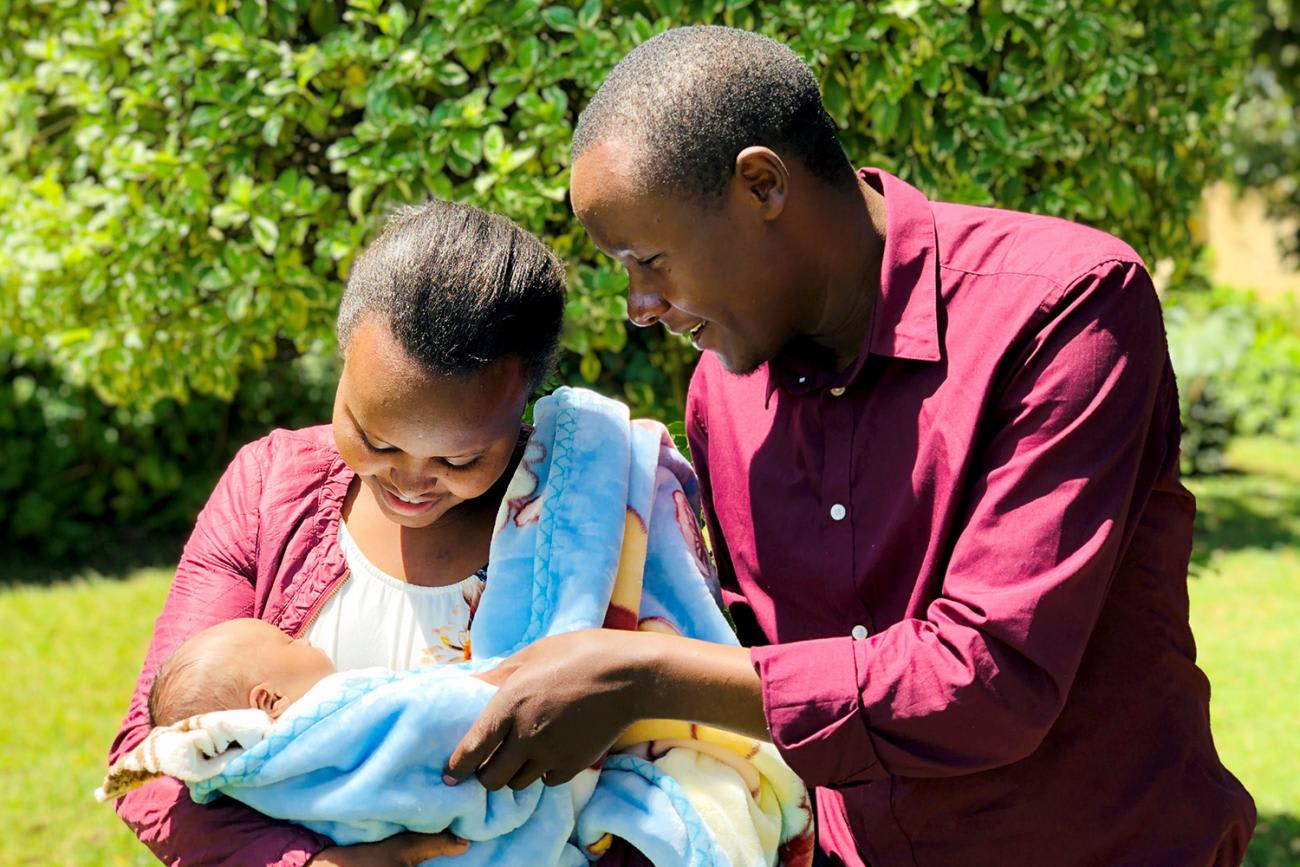
Despite the enormous impact of strong community health systems, it has been a struggle to convince officials that community health provides a sufficient return on investment. An independent investment case undertaken by Kenya's Ministry of Health with the support of my organization Living Goods in 2017–18 showed investing in community health in Kenya can bring returns of up to 9.4 times in terms of lives saved and increased economic productivity. Perhaps only investment in immunization offers a higher return.
Give community health volunteers the resources and support they need
It is difficult enough in the best of times to give primary health care and community health volunteers the recognition they warrant, despite the number of lives they save. Now, during a pandemic, it is even more of a challenge. Community health care should be institutionalized in national and county legislatures and their associated budgets, similar to education and other mainstream health expenditures. It is beyond the time to give community health volunteers the resources and support they need, thereby giving all Kenyans the health care they deserve.
